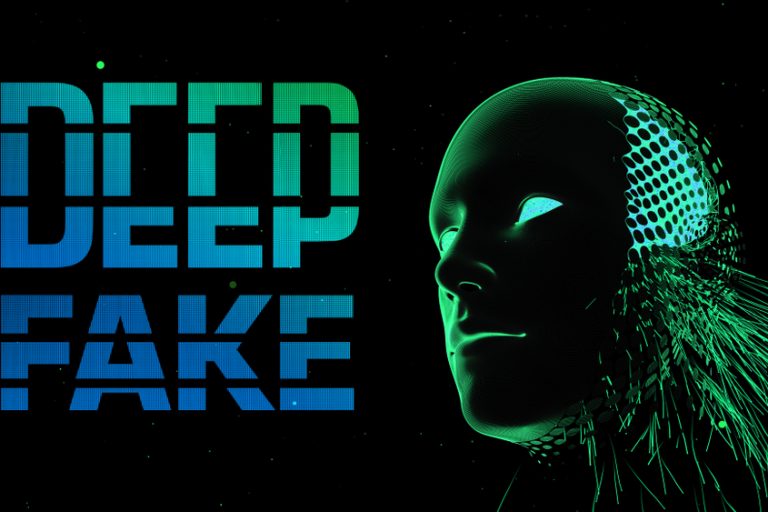My Three Cents

Makovsky
Thursday, May 1, 2014Some things go right, and some things go awfully wrong — so wrong, that they pose a real dilemma.
That is the situation in which the National Basketball Association/Donald Sterling scandal finds itself … at least in my humble opinion.
Donald Sterling, owner of the Los Angeles Clippers, made serious racial remarks that affected his very own team and the players’ desire to work for him. But his remarks had more far-reaching effects, as they affected the integrity of the NBA and the entire game itself.
So in this right/wrong controversy, let’s see where we’ve taken action and where we haven’t.
For starters, what went right are the public relations strategies that were implemented:
- The night after the nasty remarks toward blacks, the Clippers, mostly composed of black starters, turned their shirts inside out in silent protest.
- The Commissioner of the NBA banned Sterling from the game for life, disabling his contact with the team and asking the rest of the owners of other NBA teams to vote in favor of him being forced to sell his team.
- The Clippers’ instant communications campaign –“WE ARE ONE” – carried such a powerful message that, according to Huff Post, the rest of the league joined in. At least a dozen teams posted “WE ARE ONE” messages on their websites. It was an innovative — and classy — expression of support that crossed NBA teams and even other sports.
I don’t know who the PR advisors are, but they did a fine job, as the dignity of the responses was a pleasure to observe.
The impact on the country was best summed up by Kevin Johnson, the Mayor of Sacramento and a former NBA player, who called the commissioner’s actions “a defining moment.”
“Throughout history, sports have played a pivotal role in advancing civil rights,” Johnson said. “I believe that today stands as one of those great moments where sports once again transcends, where sports provides a place for fundamental change on how our country should think and act.”
Despite all this public relations “rightness,” what went wrong? When one starts digging a little deeper, some ugly things are revealed. In a word: Sterling had his right of privacy violated, which is against the law in California.
According to CNN, in California you can’t legally record a conversation without the knowledge or consent of both parties. Thus, the 83-year-old Sterling’s female friend, V. Stiviano (who is of Mexican and black descent), illegally recorded a private conversation and either she or someone else leaked the information, which then went viral.
There could be a crime here. In this scenario, despite the fact that Sterling has a history of racist remarks and behavior dating back to the 1990s, he thought he was speaking privately, when he was not.
Imagine if that had been you.
So the question is: Is privacy out the window? Do we have to assume that “trust” is no longer possible? Must we always assume “public” even when we are indeed private? Such is the conclusion of Sterling’s behavior.
In my view, what went wrong is equally as important as all that went right.











